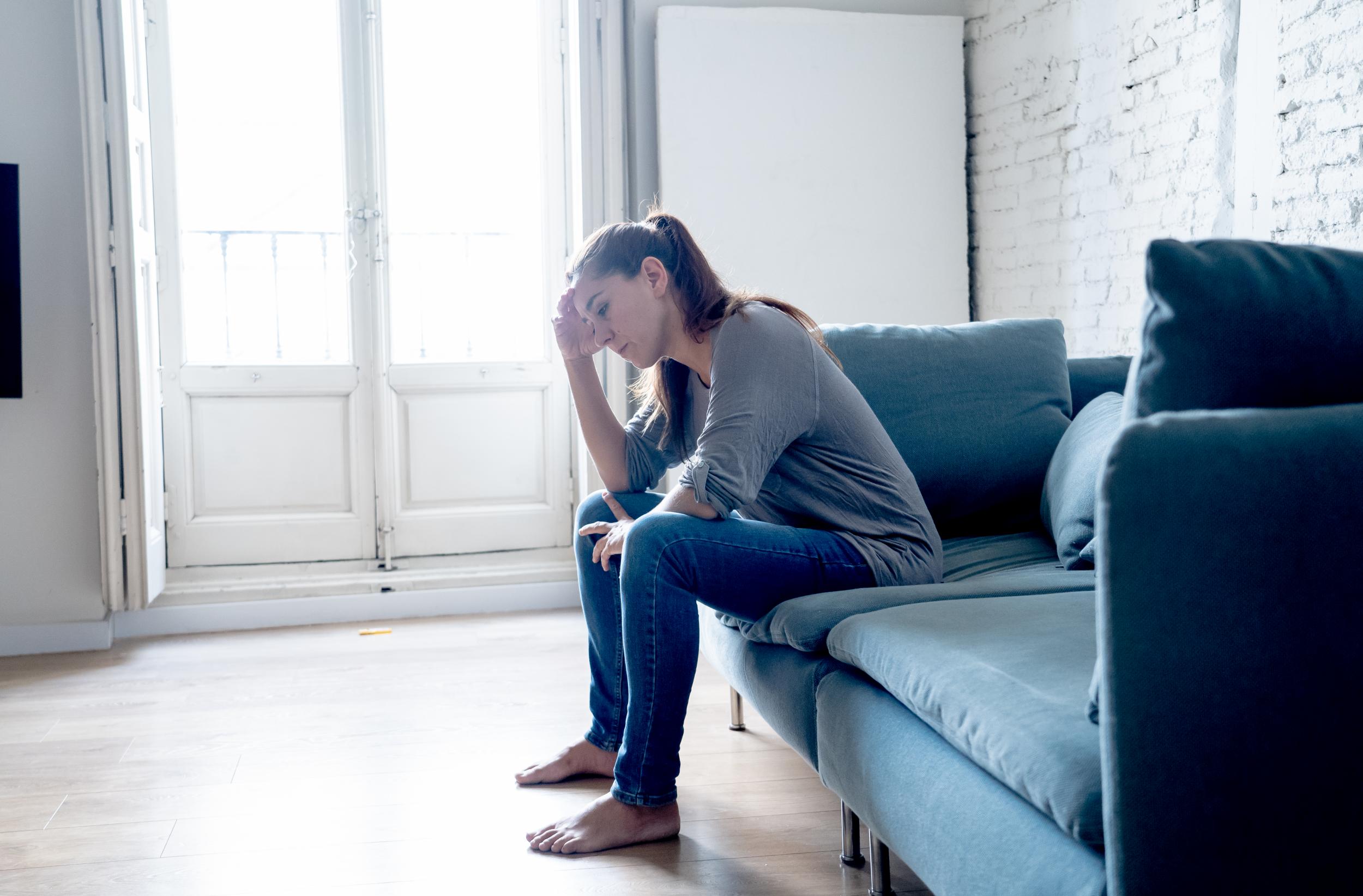Domestic abuse services prepare for surge in violence reports as schools reopen
‘We are seriously concerned about the impacts that the pandemic has had on children experiencing domestic abuse,’ says campaigner

Domestic abuse services are bracing themselves for a surge in reports of violence which took place during the coronavirus crisis as millions of children go back to school after the lockdown.
Domestic violence has soared during the public health emergency — with frontline service providers raising concerns about paths to safety being shut down for women trapped at home with abusive partners.
At the end of May, it emerged calls to the UK’s national domestic abuse helpline had risen by 66 per cent and visits to its website surged by 950 per cent since the start of the lockdown, while a report released by MPs at the end of April revealed domestic abuse killings in the first 21 days of lockdown were double the total of an average period in the last decade.
Liz Thompson, of SafeLives, a leading domestic abuse charity, told The Independent services are preparing for a spike in reports due to children opening up about domestic abuse they have experienced during the lockdown.
She said: “Reopening schools marks the first time lots of children and young people will be with friends and teachers and people who are outside of their family circle. Teachers who found it hard to check up on pupils during lockdown and spot signs of abuse will now be able to see children.
“Teachers should work closely with specialist services and the police and point to support if they are worried. Experiencing domestic abuse has a profound impact on children. It has lifelong consequences. It creates feelings of shame and anxiety as well as issues with trusting people. It makes them fearful of which adults they can trust.
“It can even make them try out the abuse they have suffered on others. Any help society can give you in navigating what a healthy and unhealthy relationship looks like is positive. Being young is such a sensitive time in your life. As schools return it is important that everyone is looking out for vulnerable people.”
Lucy Hadley, of national domestic abuse charity Women’s Aid, said children do not just witness domestic abuse, they “experience it” and it can have long-term effects on their health, wellbeing and development.
She added: “We are seriously concerned about the impacts that the pandemic has had on children experiencing domestic abuse. A recent Women’s Aid survey found that half (53 per cent) of women with children who were currently experiencing domestic abuse told us that their children have witnessed more abuse towards them during the pandemic.
“Over one third of survivors told us that their abuser had shown an increase in abusive behaviour directed towards their children. Women have told us they are seriously worried about the safety of their children during this time and talked about the impact that school closures and limited access to support services has had.
“Women’s Aid is a national federation of local domestic abuse services in England, and our members across the country are telling us that they are anticipating increased demand for support once schools return and more children are identified and referred for specialist support.”
She said although the government has now acknowledged the harm domestic abuse causes to children in the new Domestic Abuse Bill, funding for specialist children’s support continues to be profoundly inconsistent.
Last week it emerged domestic violence in Northern Ireland is at its highest level since records began, with an average of 88 incidents taking place each day.
The Police Service of Northern Ireland revealed 32,127 domestic abuse incidents took place in Northern Ireland from 1 July 2019 until 30 June this year – with reports at an all-time high since records began in 2004.
Anyone who requires help or support can contact the National Domestic Abuse Helpline which is open 24/7 365 days per year on 0808 2000 247 or via their website https://www.nationaldahelpline.org.uk
Join our commenting forum
Join thought-provoking conversations, follow other Independent readers and see their replies
Comments
Bookmark popover
Removed from bookmarks